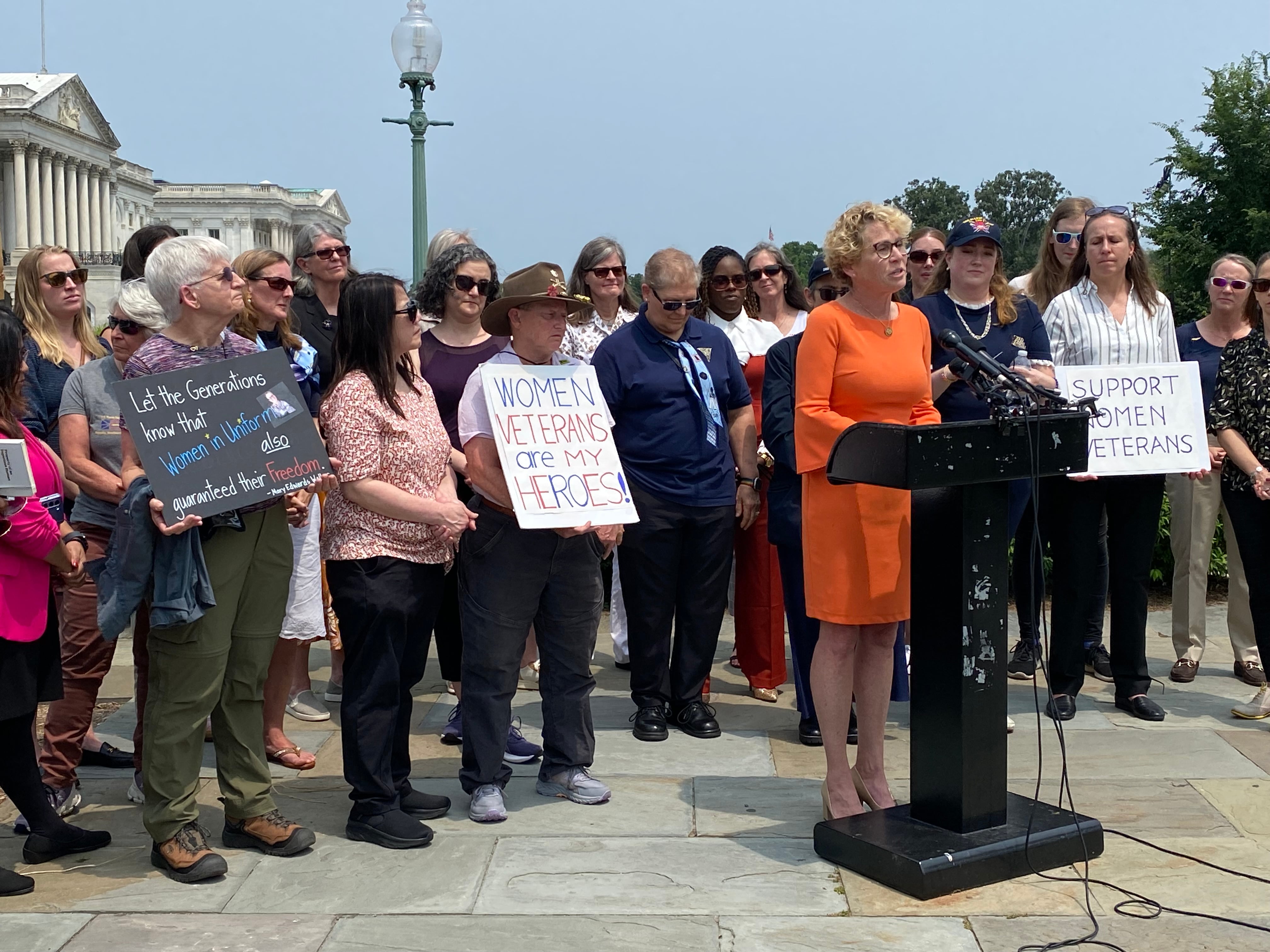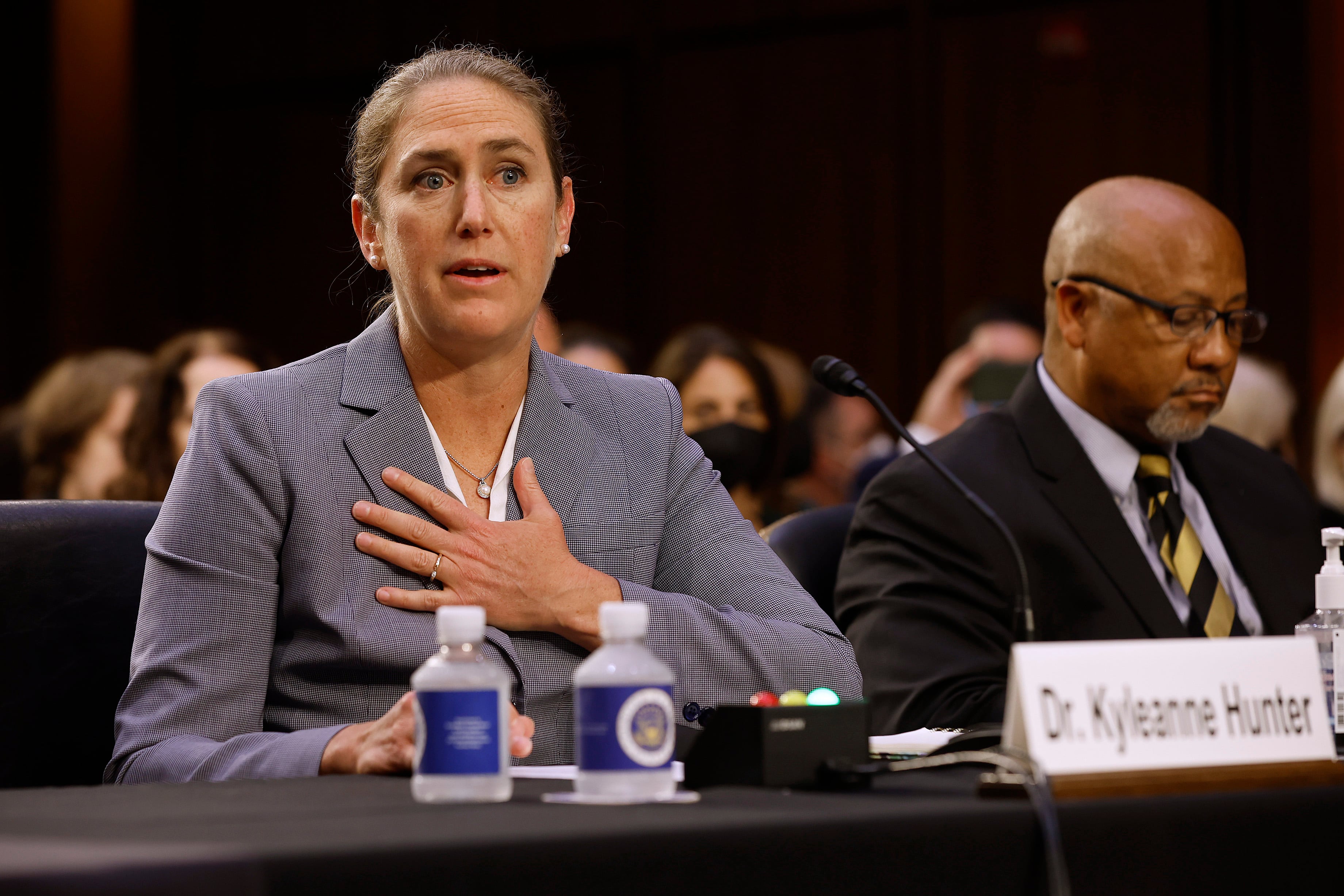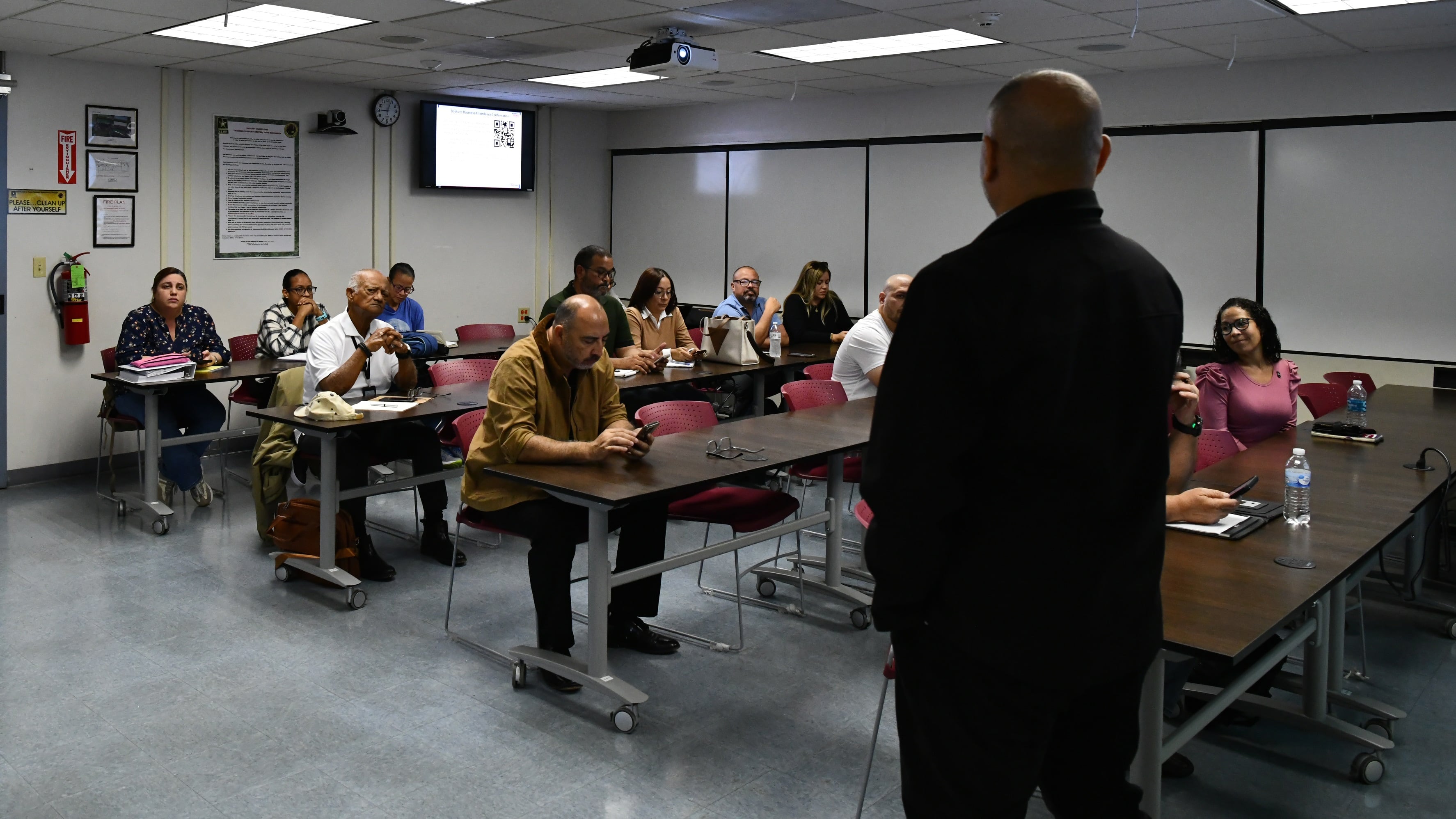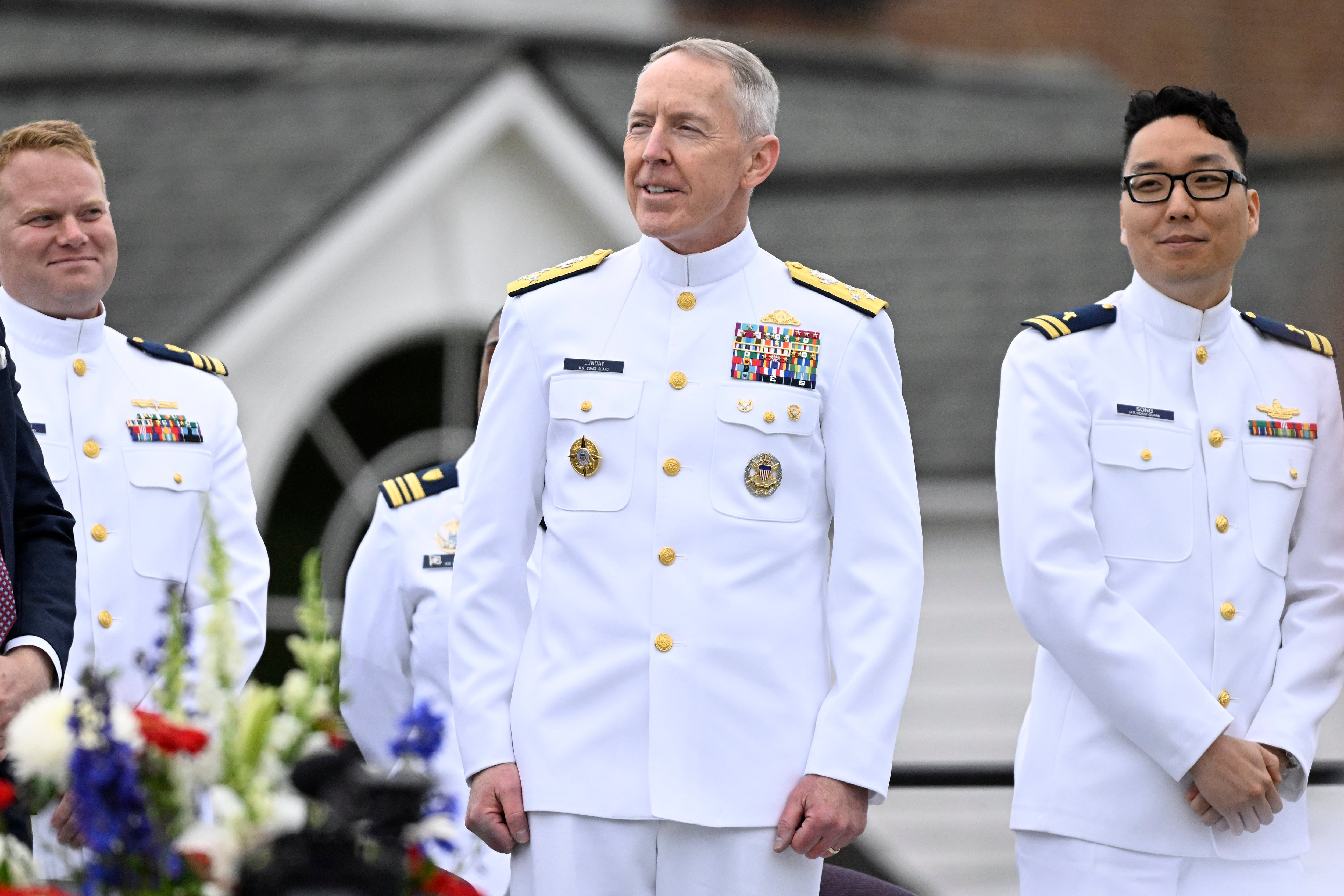An Iraq War Marine veteran will be deported to El Salvador Tuesday ― a country he has not seen since he was 3 years old, his stepsister said.
Jose Segovia-Benitez served in the Marine Corps from 1999 to 2004, according to his Marine Corps record. The field artillery cannoneer left the Corps as a corporal, with a deployment as part of Operation Iraqi Freedom.
He eventually was diagnosed with post traumatic stress disorder and a traumatic brain injury, which caused a drastic change to his personality, his family said.
“Obviously, he needs to be treated for his PTSD,” said Basty Garcia, Segovia-Bentiez’s stepsister told Marine Corps Times Tuesday. Garcia said her brother was quiet, withdrawn and having trouble sleeping when he returned from Iraq and turned to drugs and alcohol to “cope with his experience."
RELATED

His Marine Corps awards and decorations included a Combat Action Ribbon, a National Defense Service Medal, Sea Service Deployment Ribbon with two Bronze Stars, a Global War on Terrorism Expeditionary Medal a Global War on Terrorism Service Medal and a Presidential Unit Citation, according to the Marine Corps.
After Segovia-Benitez left the Corps he was convicted and spent several years in prison for several felonies including assault with a deadly weapon, narcotics possession and corporal injury to a spouse, a spokeswoman for Immigration and Customs Enforcement said.
Segovia-Benitez was a permanent legal resident in the U.S., but his felony convictions caused him to lose his status and made him subject to deportation.
After his last stint in prison ended January 2018, ICE picked up Segovia-Benitez and started the process of deporting him to El Salvador.
Retired Air Force Master Sgt. Jeff Merrick said that deporting the Marine veteran after he served his prison sentence was a second punishment after he already paid his debt to society.
It’s “a real injustice to allow a veteran to be deported just because he got in trouble with the law,” Merrick said. “He paid his dues, now he is getting a lifetime sentence to a country he knows nothing about.”
Merrick is a board member of Military Families Speak Out, an organization of military and veterans families calling for improving the treatment of veterans when returning from war.
Merrick compared Segovia-Benitez’s deportation with failures at Department of Veterans Affairs hospitals around the country.
“It’s kind of like, ‘I’ll call you a hero until I have to pay something, once you’re out of the service I don’t care about you,'" Merrick said.
Segovia-Benitez does not have any family still living in El Salvador. His parents are flying to the country and will stay for a short time with the Marine to help him get adjusted, Garcia said.
The family still holds out hope that he will be able to return one day as a permanent resident and gain his American citizenship.
They have set up a GoFundMe page to raise money to help pay for his relocation and legal fees and have submitted a pardon request to California Gov. Gavin Newsom.
“We are unable to discuss individual pardon applications, but can assure that each application receives careful and individualized consideration,” Vicky Waters, the deputy director of Newsom’s media and public affairs office, told Marine Corps Times in an email.
Garcia said that she hopes other veterans will band together to help out Segovia-Benitez because his deportation is “just not just.”
The Orange County Register first reported Segovia-Benitez’s immediate deportation on Sunday.










